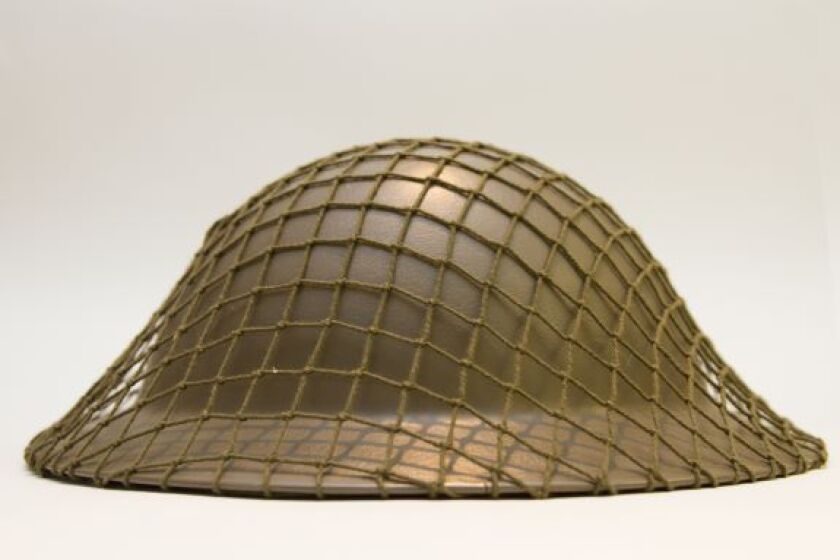It is not as horrifying as September 11, 2001, and for many, the financial threat is still not as grave as the crisis that spiralled after Lehman Brothers failed on September 15, 2008.
But March 12, 2020 will be remembered as a day when anxiety turned to panic. Five percent falls in the S&P 500 index are very bad, but traders are getting used to that kind of volatility — there is a global pandemic coming, after all. But a 9.5% fall is Wall Street Crash territory.
When the US Treasury market started getting shaky, with bid-offer spreads widening and huge swings in yield — between 0.65% and 0.9% on the 10 year on Thursday — it felt like cracks were appearing in the foundations.
The Federal Reserve Bank of New York's intervention, offering literally trillions of repo funding, was swift and decisive.
The fact that the stockmarket initially leaped, but then lost its lunch, does not mean the intervention failed. The Fed's main aim was to calm rates markets. Stockmarkets' job is to price risk, and there is lots of it.
Risk asset markets are likely to keep falling. People are dying in their thousands and society's only way to deal with it is to put the economy into partial, though not complete, shutdown. There is no way to avoid the fact that this will mean lower corporate profits and credit stress for many borrowers.
But that does not mean essential funding markets have to seize up. The banking sector will come under strain, but it does not contain a putrefying mass of rotten assets, as it did in 2008. Governments, central banks and regulators have spent the past 10 years retrofitting banks to be able to withstand such a crisis.
It is optimistic to suppose that post-crisis reforms will enable banks to sail through without help. But if the authorities keep their eyes on the ball and respond quickly and generously when needed, the sector can stay healthy.
Another test will be the market's ability to continue functioning. Sixty million Italians are already in partial lockdown. Over the next seven to 10 days similar controls are likely to be introduced in France, Germany and the UK.
Markets ought to be well prepared. Institutions have spent the last two weeks splitting teams up, dusting off disaster recovery plans, testing home working and opening up offsite locations.
Participants can take encouragement from Hong Kong and China, where financial markets have managed to operate well since January, despite a severe quarantine regime.
The real test for European capital markets will come if London is placed under emergency rules. Most banks and investors are likely to send all but the most mission-critical operations staff home, perhaps keeping some key traders in the office too.
But there is no substitute for the barn-like trading floors for bankers wanting to get a feel for markets. More importantly, bankers need to input and settle trades instantaneously. It is fanciful to think that this can be achieved outside banks’ walls in anything like the volume and speed required, which makes it likely that markets will not be able to function optimally.
Regulators such as the UK’s Financial Conduct Authority may need to relax some of their requirements and that could take precious time.
But regulators’ flexible and enlightened approach immediately after the 9/11 attacks, for example around settlement, shows that they will step up in extreme circumstances. Unfortunately, it looks like they will be called upon again in the near future.
Additional reporting by Jon Hay

